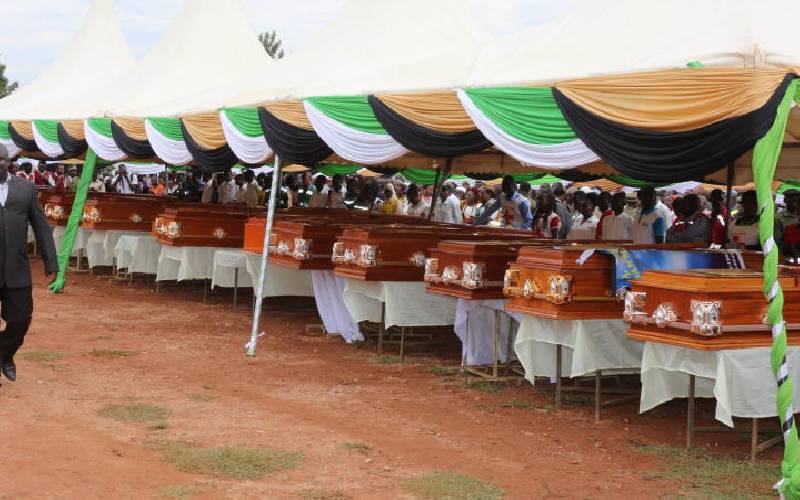×
The Standard e-Paper
Stay Informed, Even Offline

We all need money, and badly so. But the appetite for money in Kenya is on another level all together. Every opportunity that presents itself for either giving or receiving money is grabbed without any sense of moral duty to what is right.